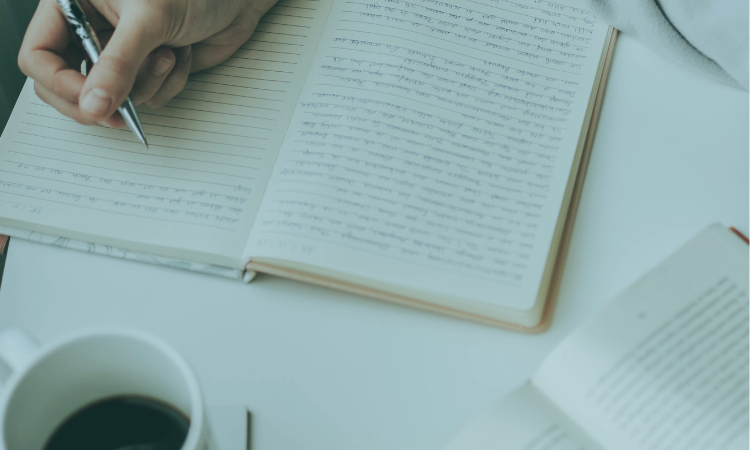
Academic Programs
Learn more about our undergraduate majors and minors

Faculty & Staff Funding
Explore our Strategic Partnership Grants and other funding resources

Study Abroad
Learn more about our study abroad programs in London and Malawi

Upcoming Events
Engage with global gender and sexuality scholars through our events